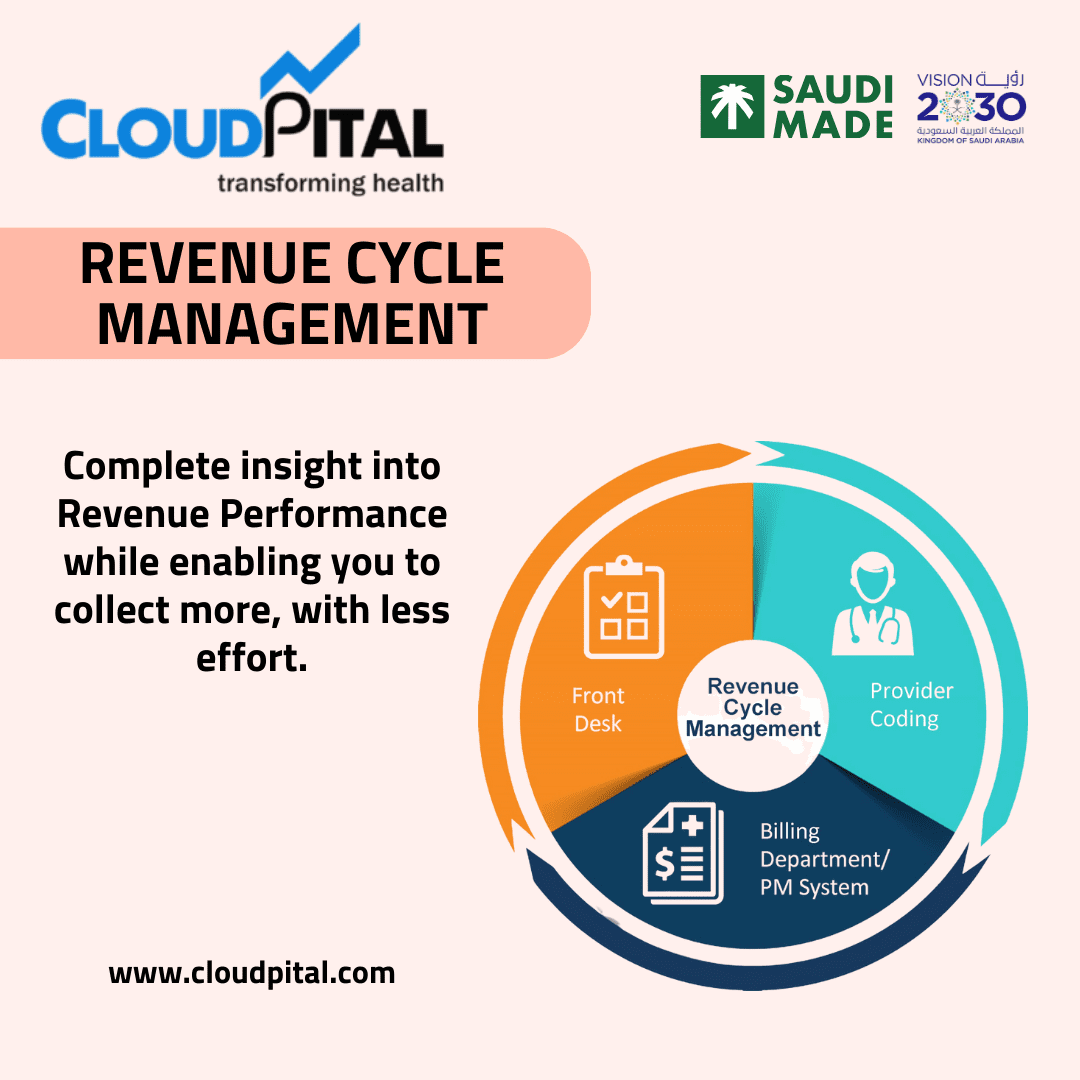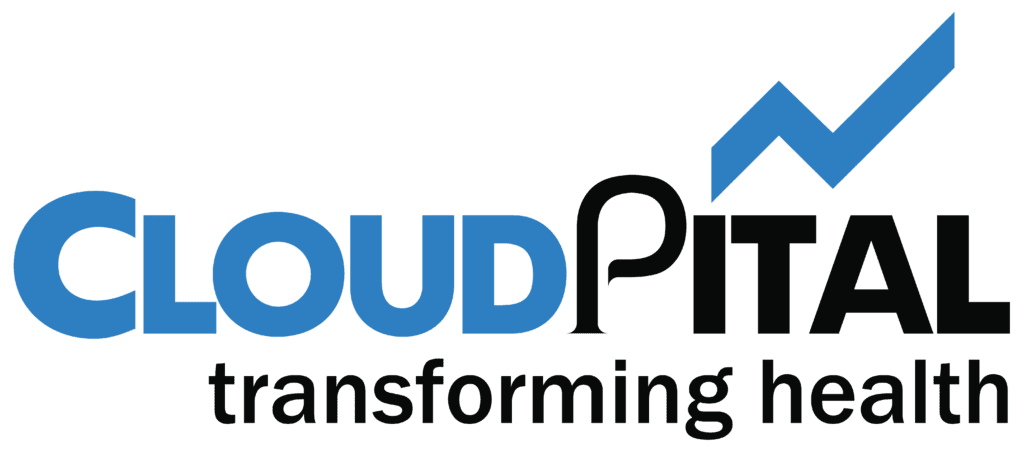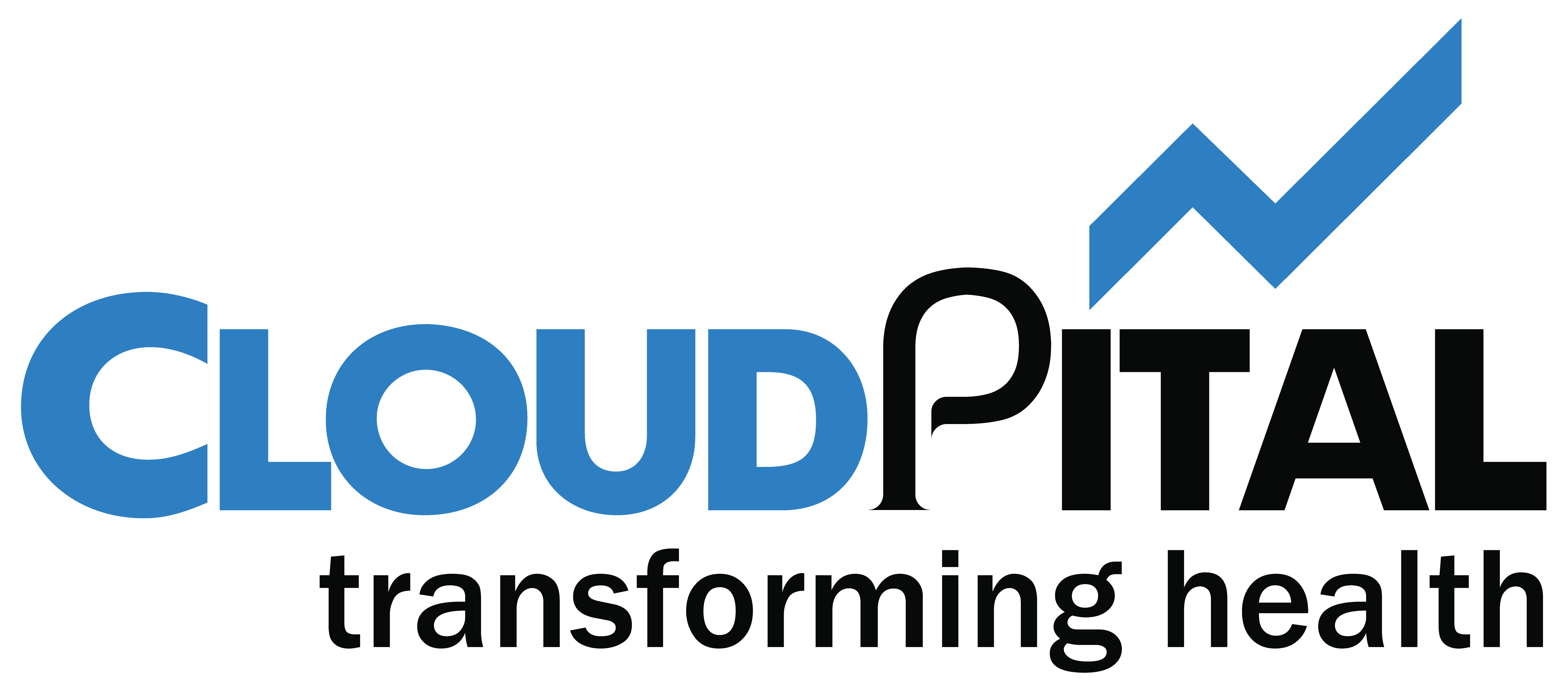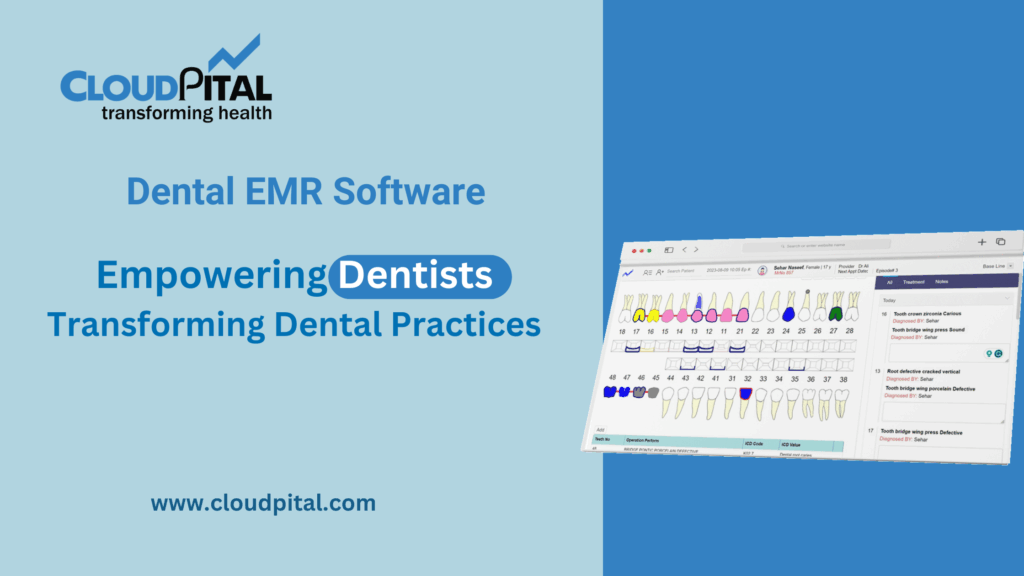Cloudpital # 1 is one of the top Patient demographics data that is crucial for delivering personalized and equitable healthcare services. However, numerous challenges can arise in collecting and managing this data accurately. From issues related to data quality and privacy concerns to disparities in data collection methods, addressing these challenges is essential for improving healthcare delivery and promoting equity. In this article, we explore the key challenges in collecting and managing patient demographic data accurately and discuss potential solutions to mitigate these challenges.
Click to Start Whatsapp Chatbot with Sales
Mobile: +966547315697
Email: sales@cloudpital.com
Cloudpital # 1 Patient demographics

Data Quality and Accuracy
One of the primary challenges in collecting Patient demographics data is ensuring its quality and accuracy. Errors in data entry, incomplete information, and inconsistencies in data formatting can compromise the reliability of demographic data. Additionally, patients may provide inaccurate or outdated information during registration, leading to discrepancies in the data. Improving data quality requires implementing robust data validation processes, training staff on data entry protocols, and leveraging technology solutions such as electronic health records (EHRs) to automate data capture and verification.
Privacy and Security Concerns
Patient demographic data is sensitive information that must be handled with the utmost care to protect patient privacy and confidentiality. However, maintaining data privacy and security presents significant challenges, particularly in the era of digital healthcare systems and interoperable data exchange. Unauthorized access, data breaches, and identity theft are potential risks associated with the collection and management of patient demographic data. Healthcare organizations must implement stringent data security measures, such as encryption, access controls, and regular audits, to safeguard patient information and comply with regulatory requirements such as HIPAA.
Disparities in Data Collection Methods
Disparities in data collection methods can contribute to inaccuracies and biases in patient demographic data. Different healthcare organizations may use varying data collection tools, forms, and terminology, making it challenging to standardize data across disparate systems. Additionally, cultural and linguistic differences among patients can further complicate data collection efforts, leading to underrepresentation or misclassification of certain demographic groups. Standardizing data collection protocols, promoting cultural competency training for staff, and leveraging technology solutions for multilingual data capture can help mitigate disparities in data collection methods.
Limited Interoperability and Data Sharing
Interoperability issues pose significant challenges to collecting and managing Patient demographics data accurately. Fragmented healthcare systems and disparate data silos hinder the seamless exchange of information between healthcare providers, resulting in incomplete and fragmented patient records. Lack of interoperability also impedes efforts to aggregate and analyze demographic data at the population level, limiting insights into healthcare disparities and inequities. Addressing interoperability challenges requires investing in health information exchange (HIE) infrastructure, adopting interoperable standards such as HL7 FHIR, and incentivizing data sharing among healthcare stakeholders.

Socioeconomic and Cultural Factors
Socioeconomic and cultural factors can influence patients’ willingness and ability to provide accurate Appointments Scheduling information. Patients from marginalized or underserved communities may face barriers such as language barriers, low health literacy, and distrust of the healthcare system, which can affect their engagement in data collection processes. Additionally, cultural norms and taboos surrounding certain demographic attributes, such as race, ethnicity, or sexual orientation, may lead to underreporting or misrepresentation of these factors. Healthcare organizations must adopt culturally sensitive approaches to data collection, build trust with diverse patient populations, and provide assistance and accommodations to overcome socioeconomic and cultural barriers.
Data Governance and Standardization
Effective data governance and standardization practices are essential for ensuring the accuracy and consistency of patient demographic data. However, healthcare organizations often lack standardized processes and policies for data collection, management, and governance. Inconsistent data definitions, coding schemes, and classification systems can result in data discrepancies and interoperability challenges. Implementing robust data governance frameworks, establishing data stewardship roles, and adopting industry-standard terminologies such as SNOMED CT and LOINC can help promote data standardization and improve data accuracy.
Patient Engagement and Empowerment
Engaging patients in the data collection process and empowering them to take an active role in managing their demographic information can help improve data accuracy and completeness. Patients who are informed and empowered are more likely to provide accurate information during registration, update their demographic details as needed, and participate in efforts to verify and validate their data. Healthcare organizations can leverage patient portals, mobile apps, and other digital tools to facilitate patient engagement and communication, enabling patients to review, update, and share their demographic information securely.
Ethical and Legal Considerations
Ethical and legal considerations surrounding data collection and management pose additional challenges for Medical Billing organizations. Balancing the need for collecting relevant demographic information with patient privacy rights and consent requirements is essential to maintain ethical standards and regulatory compliance. Healthcare organizations must establish clear policies and procedures for obtaining informed consent, protecting patient confidentiality, and ensuring data security throughout the data lifecycle. Engaging patients in transparent and accountable data practices can build trust and confidence in the healthcare system.
Conclusion
In conclusion, collecting and managing patient demographic data accurately presents numerous challenges for healthcare organizations. From ensuring data quality and security to addressing disparities in data collection methods and promoting patient engagement, addressing these challenges requires a multifaceted approach that encompasses technological, organizational, cultural, and regulatory considerations. By investing in robust data governance frameworks, adopting standardized data collection protocols, promoting patient-centered approaches to data management, and fostering collaboration among healthcare stakeholders, organizations can overcome these challenges and leverage patient demographic data to improve healthcare equity, enhance patient outcomes, and advance population health.
Click to Start Whatsapp Chatbot with Sales
Mobile: +966547315697
Email: sales@cloudpital.com
Patient demographics
Patient demographics
Patient demographics
What challenges arise in collecting Patient demographics data accurately? similar software solutions prices were updated on 2025-07-02T21:31:00+00:00 in Saudi Arabia in Mecca, Medina, Riyadh, Khamis Mushait, Yanbu, Jeddah, Dammam, Unaizah, Uqair, Ha’il, Ta if, Al Bahah, Dhahran, King Abdullah Economic City, Najran, Diriyah, Qatif, Khafji, Jubail, Abqaiq, List of Cities and Towns in Saudi Arabia, Ras Tanura, Turubah, Jazan Economic City, Knowledge Economic City, Medina, Khobar, Abha, Tabuk, Saudi Arabia, similar software solutions prices were updated on 2025-07-02T21:31:00+00:00 We also provide in Saudi Arabia services solutions company in Hafar Al-Batin, Udhailiyah, Al-Awamiyah, Hofuf, Hautat Sudair, Buraidah, Tayma, Duba, ‘uyayna, Saihat, Al-Kharj, Al-ula, Jizan, Rumailah, Ar Rass, Arar, Shaybah, Al Majma’ah, Rabigh, Dhurma, Haradh, List of Saudi Cities by Gdp Per Capita, Badr, Sudair Industrial City, Baljurashi, Shaqraa, Al-Khutt, Habala, Ad Dawadimi, Dawadmi, Layla, similar software solutions prices were updated on 2025-07-02T21:31:00+00:00 Price is SAR 100 and this was updated on updated on 2025-07-02T21:31:00+00:00 similar What challenges arise in collecting Patient demographics data accurately? software solutions prices were updated on 2025-07-02T21:31:00+00:00 in Saudi Arabia in Haql, Afif, Al-Abwa, Farasan, Al-Jaroudiya, Thadig, Al-Thuqbah, Al Wajh, Almardmah, Al-Zilfi, Muzahmiyya, Prince Abdul Aziz Bin Mousaed Economic City, Tharmada’a, Skaka, Um Al-Sahek, Sharurah, Tanomah, Bisha, Dahaban, Al Qunfudhah, Qurayyat, Saudi Arabia, Ha’ir, as Sulayyil, Al Lith, Turaif, Al-Gway’iyyah, Samtah, Wadi Ad-Dawasir, Az Zaimah, Safwa City, Jalajil, Harmah, Mastoorah, Hotat Bani Tamim, Jabal Umm Al Ru’us, Rafha, Qaisumah, Al-Ghat, Hajrah, Al-Hareeq. Excerpt: Jeddah (also spelled Jiddah, Jidda, or Jedda; Arabic: Jidda) is a Saudi Arabian city located on the coast of the Red Sea and is the major urban center of western Saudi Arabia similar software solutions prices were updated on 2025-07-02T21:31:00+00:00 Price is SAR 100 and this was updated on updated on 2025-07-02T21:31:00+00:00
26-2-2024




